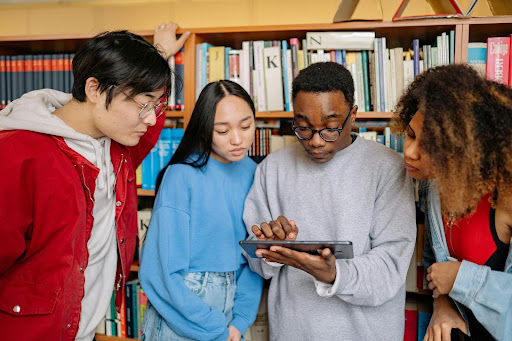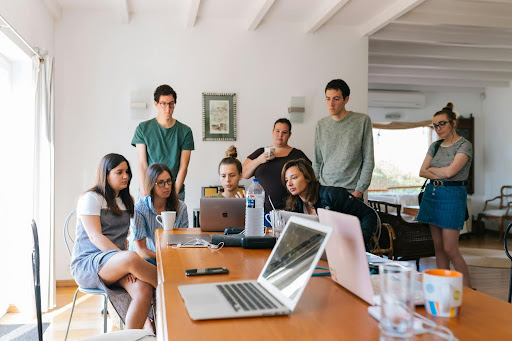The world of work is in a constant state of flux. Automation, technological advancements, and globalization are reshaping industries at an unprecedented pace. This rapid evolution creates a critical challenge: the skills gap. This gap refers to the mismatch between the skills employers seek and the skills possessed by the workforce. Scholarships, traditionally viewed as a gateway to academic achievement, can play a crucial role in addressing this growing concern.
Understanding the Skills Gap and its Impact
The skills gap has significant consequences for both individuals and economies:
- Limited Job Opportunities: When the workforce lacks the skills employers need, unemployment rates can rise, and individuals with outdated skillsets may struggle to find suitable jobs.
- Reduced Productivity and Innovation: Companies unable to find workers with the necessary skills experience reduced productivity and innovation, hindering economic growth.
- Widening Inequality: The skills gap can exacerbate existing inequalities, disproportionately impacting individuals from disadvantaged backgrounds who may lack access to training opportunities.
How Scholarships Can Help Bridge the Skills Gap
Scholarship programs can play a vital role in closing the skills gap by:
- Supporting Education in High-Demand Fields: Scholarships can prioritize fields experiencing high demand, such as STEM (Science, Technology, Engineering, and Math), cybersecurity, and data analytics. This incentivizes students to pursue these crucial qualifications.
- Funding Skills-Based Training Programs: Scholarships can extend beyond traditional degrees to support vocational training programs and certifications. This equips individuals with practical skills readily applicable to the workforce.
- Fostering Lifelong Learning: The skills gap requires continuous learning. Scholarship programs can encourage a lifelong learning mindset by providing support for ongoing skill development through online courses, workshops, and conferences.
- Promoting Diversity and Inclusion: Scholarships that target underrepresented groups in high-demand fields can help diversify the workforce and bring new perspectives to address complex challenges.
Examples of Scholarship Programs Bridging the Skills Gap
Several scholarship programs are already making a difference:
- The Microsoft Diversity Scholarship Program: Focuses on supporting students from underrepresented communities pursuing degrees in computer science and related fields. This program addresses the tech industry’s need for diversity while building a talent pool with the necessary skills.
- The Siemens Ausbildung Program: Provides scholarships for vocational training programs in Germany, equipping individuals with practical skills for in-demand technical roles. This program bridges the gap between theoretical knowledge and practical application.
- The Google Women Techmakers Scholarship: Supports women pursuing degrees in computer science and related fields. This program tackles the gender gap in tech while providing scholarships to address the industry’s growing need for skilled professionals.
The Future of Scholarships and the Skills Gap
The future of scholarships in bridging the skills gap holds promise:
- Data-Driven Program Design: Leveraging data on workforce trends and employer needs can inform scholarship programs to prioritize funding for education and training in the most relevant fields.
- Focus on Micro-credentials and Skills Badges: Micro-credentials and skills badges are gaining recognition as valuable indicators of specific skill sets. Scholarship programs can support the acquisition of these credentials, ensuring a more granular approach to closing the skills gap.
- Industry Partnerships: Collaboration between scholarship programs and industry leaders can create targeted scholarship opportunities that directly address the specific skill needs of different sectors.
Conclusion
The skills gap is a complex challenge, but scholarships are not merely bystanders. By strategically aligning resources with in-demand skills, promoting continuous learning, and fostering diversity, scholarship programs can play a critical role in bridging the gap. This collaborative effort not only benefits individuals by equipping them for successful careers but also strengthens the workforce and fuels economic growth. Scholarships can be more than just financial aid; they can be investments in the future, shaping a workforce with the skills needed to thrive in a dynamic and ever-evolving world.



